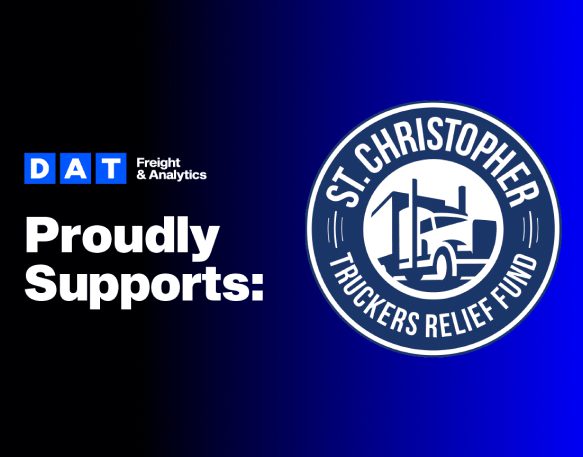The growing world of new artificial intelligence capabilities has made its way to freight and logistics, and it’s poised to begin altering how the industry works. Though machine learning and traditional AI have been around for years, with new technologies like generative AI, processes and norms will change quickly. What does that mean for your business? Before we dive in, let’s define our terms.
In the world of technology, artificial intelligence (AI), machine learning (ML), and generative AI are buzzwords that are often interchanged. However, they each represent different aspects of intelligent system design. Here, we aim to demystify these concepts and explore their application in the field of logistics.
AI, ML, and generative AI: What’s the difference?
Artificial intelligence (AI) is the broader concept of machines being able to carry out tasks in a way that we would consider “smart.” The goal is for machines to perform tasks as well or better than humans, from recognizing speech to decision-making.
Machine learning (ML), on the other hand, is a subset of AI and refers to systems that can learn from experience. Instead of explicitly programming an algorithm, you provide it with examples and a goal, and the algorithm learns how to achieve that goal based on the examples given. Machine learning is often the tool used to achieve artificial intelligence.
Generative AI, another subset of AI, is where the output is entirely new content. It goes beyond simply analyzing data to actually creating its own by combining data it was trained with.
How these concepts apply to logistics
AI, ML, and Generative AI have significant implications for the logistics industry. They can streamline processes, increase efficiency, and improve decision-making.
For example, machine learning can be used to optimize route planning by learning from past delivery times, traffic patterns, and weather conditions. Once the machine learning performs at human level (or better), it is AI.
AI can automate repetitive tasks such as invoicing and customer service, freeing up human employees for more complex tasks.
Generative AI could help you answer questions on the road via voice-to-text on your mobile app.
Current use cases for AI in logistics
DAT is already using AI, primarily in these three ways:
- Forecasting lane rates: AI can analyze historical data and current market trends to predict future lane rates, helping companies optimize their shipping costs.
- Predicting market conditions: AI can use large amounts of data to predict market conditions, allowing companies to adjust their strategies accordingly.
- Benchmarking tool: AI can also be used as a benchmarking tool, comparing a company’s performance against industry standards and highlighting areas for improvement.
The ethics of AI
With the rise of AI comes new ethical considerations. There’s a responsibility when using AI to ensure it’s used in ways that benefit society and don’t infringe on people’s rights or privacy. Users and researchers must be careful not to create biased AI systems by feeding algorithms with biased data.
Until generative AI has safeguards against plagiarism and copyright issues, users must take measures to ensure they’re not stealing other’s work illegally.
DAT: A continued leader in AI for logistics
DAT is at the forefront of incorporating AI into logistics. By leveraging traditional AI and machine learning, DAT provides data-driven insights that help businesses streamline operations, reduce costs, and make more informed decisions.
AI, ML, and generative AI each play a unique role in the evolution of logistics. They represent powerful tools that, when used responsibly, can significantly enhance business operations and provide a competitive edge in the marketplace.
Click here to see DAT experts discuss how our industry is embracing artificial intelligence.


